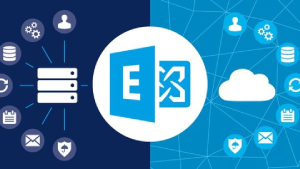Prerequisites
There are no educational prerequisites for this course. However, you should have a strong background in core IT concepts such as network infrastructure, computer hardware, software and security.
Skills Gained
After completing this course, participants will be able to work with:
Attacks, Threats and Vulnerabilities
• Focusing on more threats, attacks, and vulnerabilities on the Internet from newer custom devices that must be mitigated, such as IoT and embedded devices, newer DDoS attacks, and social engineering attacks based on current events.
Architecture and Design
• Includes coverage of enterprise environments and reliance on the cloud, which is growing quickly as organizations transition to hybrid networks.
Implementation
• Expanded to focus on administering identity, access management, PKI, basic cryptography, wireless, and end-to-end security.
Operations and Incident Response
• Covering organizational security assessment and incident response procedures, such as basic threat detection, risk mitigation techniques, security controls, and basic digital forensics.
Governance, Risk and Compliance
• Expanded to support organizational risk management and compliance to regulations, such as PCI-DSS, SOX, HIPAA, GDPR, FISMA, NIST, and CCPA.
Schedule
Click on the following link to see the Current Course Schedule
Our minimum class-size is 3 for this course.
If there are no scheduled dates for this course, it can be customized to suit the time and skill needs of clients and it can be held online, at a rented location or at your premises.
Click on the following link below to arrange for a custom course: Enquire about a course date







Reviews
There are no reviews yet.